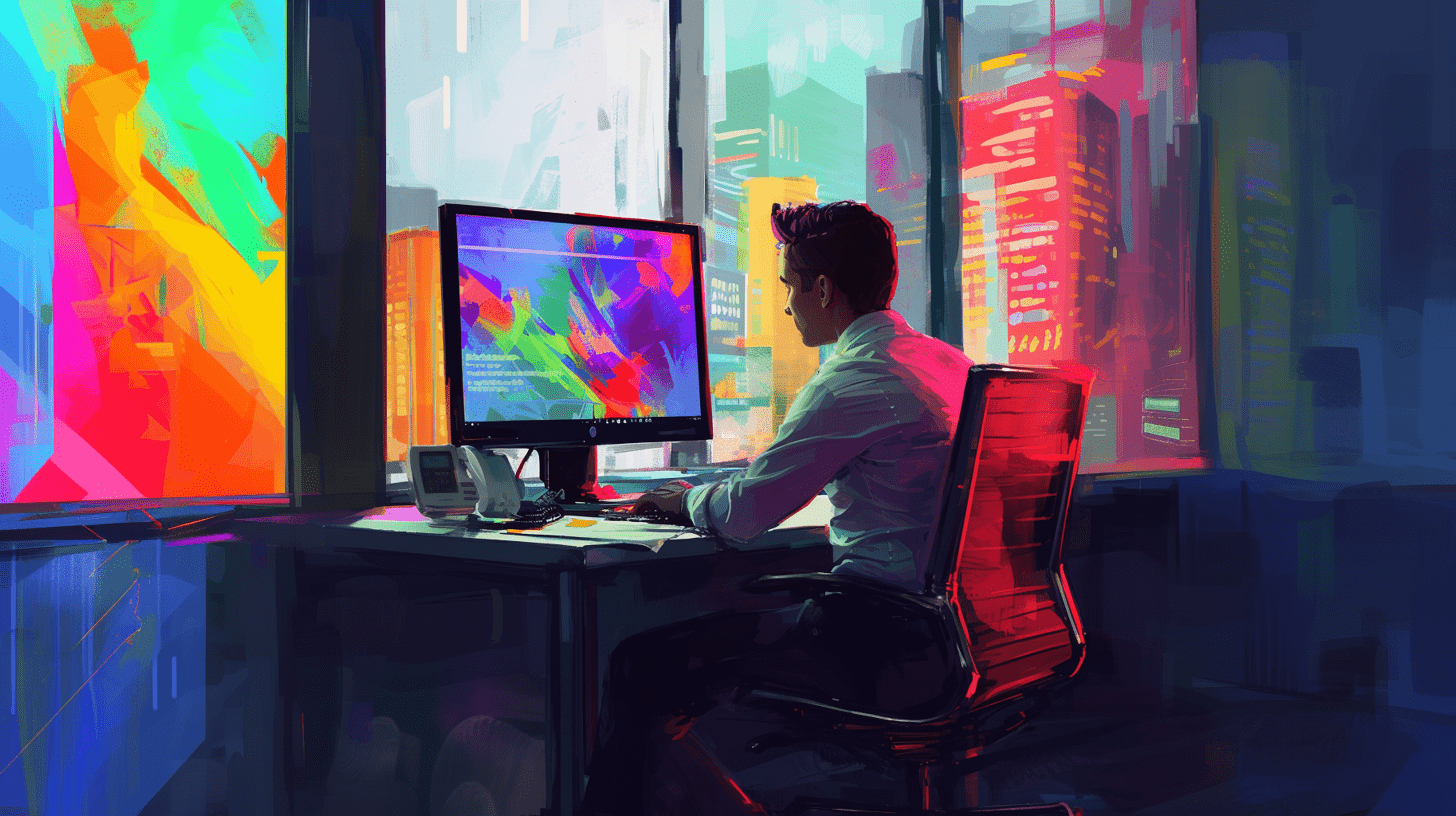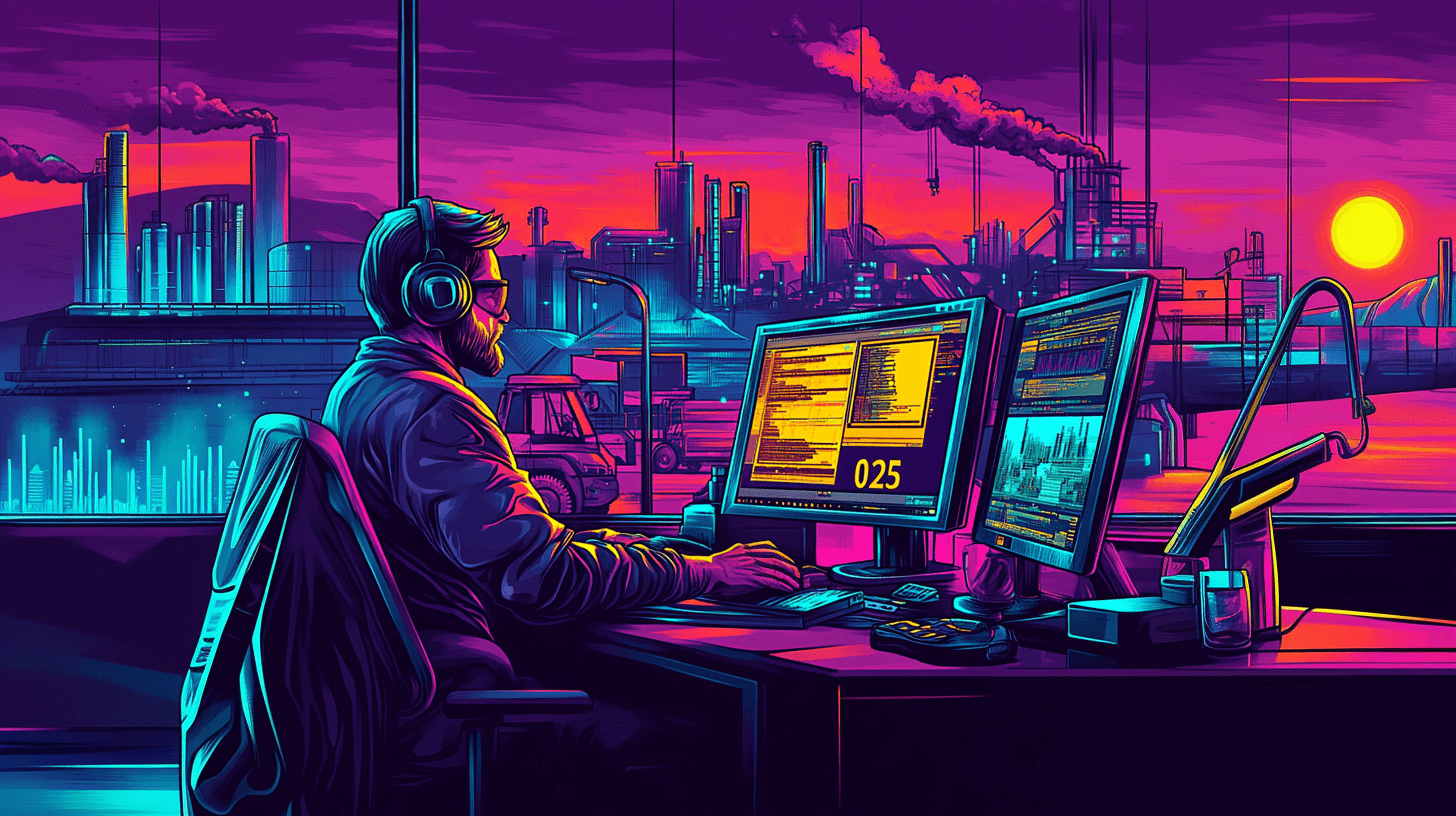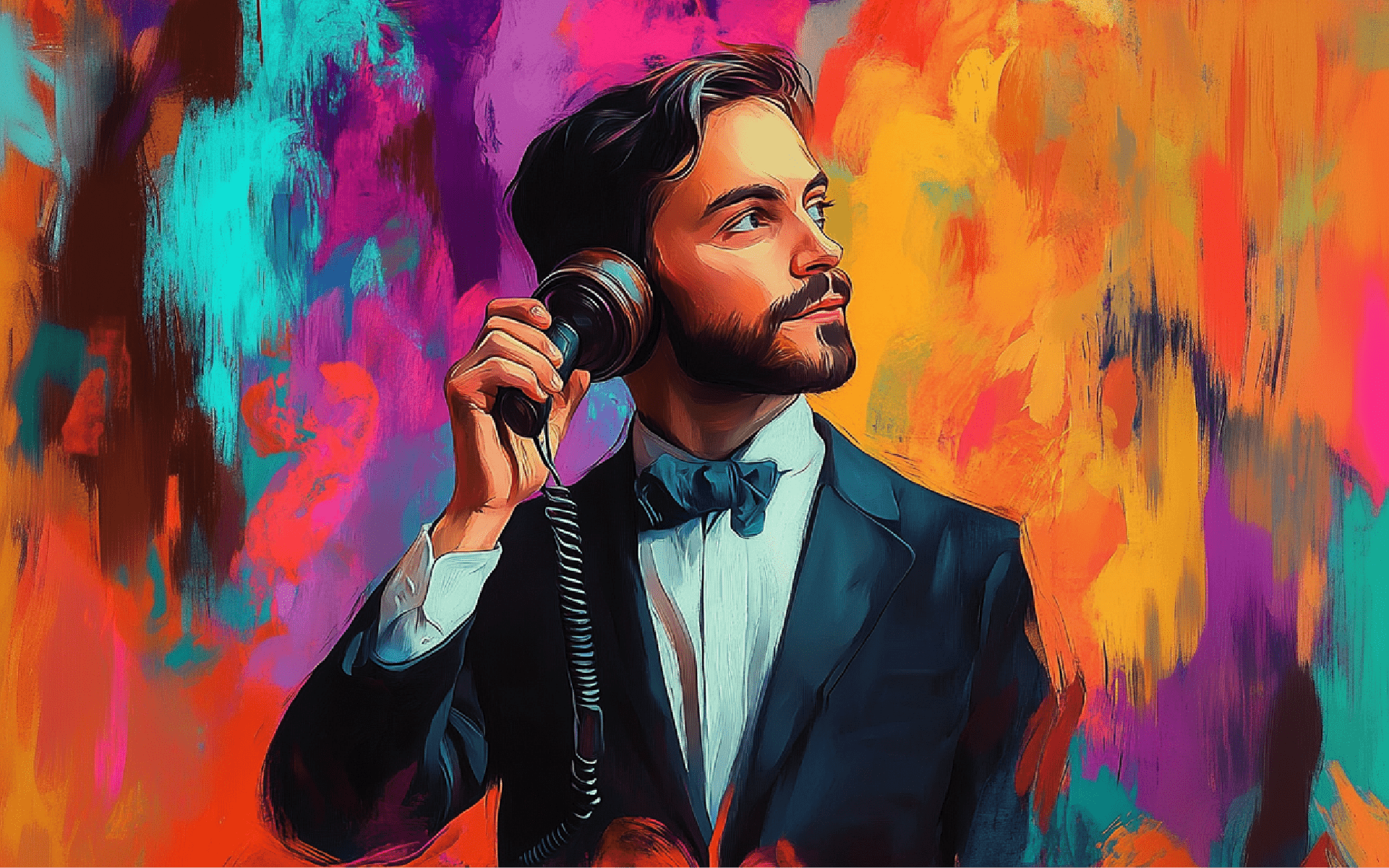9 Keys to Brand Development: Your Company’s Only Asset
Brand Development and Other Ever Changing Strategies
November 17, 2014
When you are asked what your company’s biggest asset is you may be tempted to look at your key employees, your loyal customers, even the amount of profit you have in the bank, but what one asset trumps them all? Your company brand. Without a company brand you have no key employees or loyal customers as the bond with company ethos is missing, and because of the missing bond your profit in the bank is missing too.
Easily looked over, your brand is a careful mix of your visibility in the marketplace as well as your company reputation. Strong branding attracts desirable new clients, great employees and premium rates so is worth the investment. Not convinced? Then think about what a professional brand really is.
1: The Face of Your Company
Don’t be confused – a brand is not just a logo. A brand is the image that represents your company, but also in the emotions that image elicits. It is the ‘face’ of your company and the power behind it. Everything you send out from your company, from the business cards to the website and from the cleaner to the sales man, all represent what your company stands for. Can you say all your company literature and employees attract desirable new clients, great employees and premium rates? If not, your brand needs developing.
2: Organized
Great branding is not a happy accident. It takes planning to create a brand that works. Generally a brand creation has three stages:
Creating a strategy that aligns the brand with your companies ethos and objectives
Developing the visual clues to brand association, such as logo, tagline and website
Ongoing strengthening of the brand
None of these stages can be missed out or skimped on. You need a well-rounded expressive brand and these three stages will create that.
3: Well Defined
If you are clear about your business goals then a brand will help you get there. What type of a growth do you want? What type of firm are you? Where do you want to go? These are all questions that define you, so define your brand.
4: Targeted
Who is your target market? You should have it nailed down to a marketing persona and well segmented them to help the brand be delivered in digestible chunks. The narrower the focus, the faster the growth. The more diverse the audience, the more the brand message is diluted. Do not be afraid to target, segment and target again.
5: Well Researched
A professional brand puts effort in to researching its target market. It knows what resonates with it, what language to use and what marketing medium it likes. They also know what your target audience thinks of your brand, and adjust the course to get to their goals.
6: Put Customers Opinions First
Creating a visual brand is key to target audience recognition and bonding. Showing your new tagline and logo round the office will not give you a good impression of effectiveness, unless the office is your target market. Successful brands do their research – and then research again.
7: Creates Excellent Content
A great brand develops great content as it knows its reputation is built on quality; the kind of quality that everything that comes from the company must uphold. Excellent content increases visibility and reputation in one easily digestible format and draws in the target audience.
8: Creates Collateral
An excellent brand leverages the collateral that supports the online presence. Branding is a complete package that encompasses everything necessary to reach the target audience from website to business card and back again. You need a full suite of marketing devices to keep the integrity of a brand together and to use them to full effect.
9: Adjusts the Path
Great branding makes sure it has the metrics to track and adjust progress to achieve successful goals. Taking the time to see where your strategy is going allows the path to be smooth and keeps the brand developing on an upward curve. Continual development is necessary to align your goals with those of your target audience and to make sure your brand stays at the front of their minds.
Branding can seem like a huge task if you don’t understand it, but whether you understand and use it or not, it is still your greatest asset. Like any asset you need to make sure you get the best ROI and branding will give you the greatest ROI. Still don’t believe me? It’s best summed up by one, unnamed Coca Cola executive:
“If Coca-Cola were to lose all of its production-related assets in a disaster, the company would survive. By contrast, if all consumers were to have a sudden lapse of memory and forget everything related to the Coca-Cola brand, the company would go out of business.”
If Coca Cola couldn’t do it – how can you?
 Talk to a person
Talk to a person


